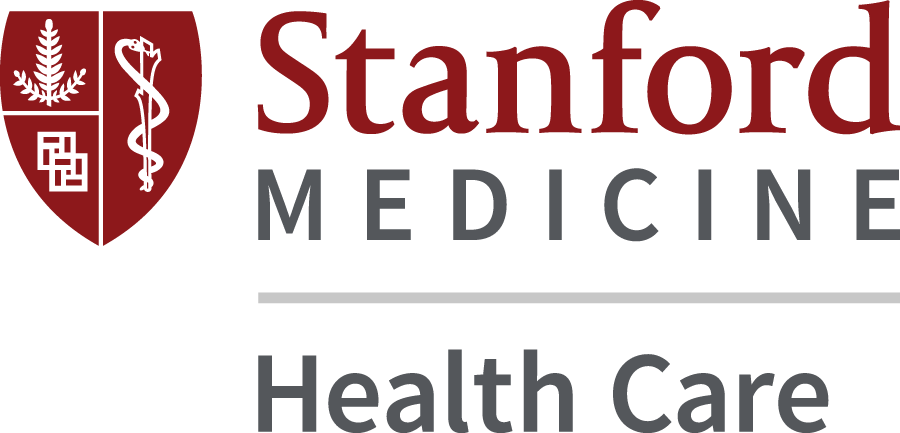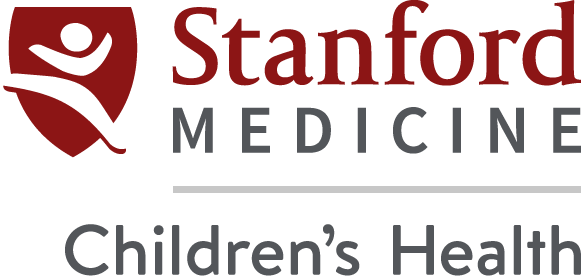Do you like to look online for health care advice? According to the Pew Research Center, 72% of internet users have searched for health information in the past year — and yet much online health information can be inaccurate and even in some cases harmful if the “information” influences health care decisions.
To learn how best to evaluate online health information, HealthySteps to Wellness spoke with Nancy Dickenson, patient experience supervisor and librarian at the Stanford Health Library.
Validating new information can lead to better treatment and outcomes
When surfing the internet, 55% of the searches target a specific medical problem or disease, while 43% of searches involve looking for a treatment or procedure. As long as you find supporting evidence, new health information can improve your health.
Dickenson recounts a story of a woman whose five-year-old child had a type of brain cancer, and she was concerned about the level of radiation in the treatment. She had heard about a doctor in the Netherlands performing the treatment with lower levels of radiation. She came to the Stanford Health Library for help finding more information, and Dickenson helped her find a research paper that the doctor published.
The woman took the research paper to her child’s Stanford doctor to advocate for the lower-radiation treatment. The Stanford doctor consulted the Netherlands doctor and decided to try that treatment with the child. Stanford eventually changed its protocol by adopting the lower-radiation treatment.
“The mother came back, in tears, and told us how much she appreciated our help. Her child was doing well. Our librarians have lots of stories where people made better treatment decisions based on credible health information they found.”
Misinformation can be the most appealing
“Often, the inaccurate information is the most appealing. I mean, wouldn’t you rather buy a supplement that will solve all of your problems rather than think about the hard stuff — changing your lifestyle, what you eat, how you exercise, the risks and benefits of proven medications?”
Sites claiming quick fixes may care more about turning a profit than the health of its readers.
“Does it seem too good to be true? Then it probably is. I also always look to see if a site is trying to sell me something. There are some good websites with ads on them, but I always look at them skeptically. Look for bias. Are there testimonials? They are appealing, but should you trust them? No! If there are testimonials, I tend to discount the information contained.”
The Federal Trade Commission has warned against advertisements on fake online news sites promoting questionable products, such as acai berry for weight loss. National Institutes of Health (NIH) identifies the following as indicators that a news site may be fake:
- Endorses a product.
- Only quotes people who say good things about the product.
- Presents research findings that seem too good to be true.
- Contains links to a sales site.
- Includes only positive reader comments, and you can’t add a comment on your own.
Not everything can be found by a Google search
Dickenson will frequently have Stanford Health Library patrons say they can find whatever information they need through Google. Unfortunately, the information is not always reputable.
“You can find good answers through Google, but you can’t be sure that what you’re finding is good, especially if it’s not from a verifiable source.”
The Stanford Health Library can help people find obscure information, including things you can’t easily find online. Dickenson notes that there’s a skill to searching, and librarians can help with the search process. Librarians at the Stanford Health Library regularly conduct classes to help others sharpen their online search skills.
Reputable health information must be supported by scientific evidence
Dickenson says people often want to find an alternative or natural treatment. She works with people to find research on various treatments so they can make more informed health decisions. She mentions that some people refuse to hear when the scientific evidence on the desired treatment is unsupportive or lacking.
“We’ll tell them that there’s no evidence to support their claims and show them various sources for proof. We’ll explain the scientific method. We’ll mention that there may be animal studies, but there haven’t been any human clinical trials, so there’s no evidence the treatment is effective in humans.”
Consult your doctor before making a health decision …
Librarians can help you find quality information and help you ask better questions. However, librarians do not help you make health decisions. Whatever health information you find, whether with the help of a librarian or through your own search, Dickenson says it’s imperative to speak with your doctor prior to making decisions based on what you’ve found.
… and before diagnosing yourself
She also cautions about the hazards of self-diagnosis and explains that many people come to the library with a list of symptoms to determine the cause. She points to Colm Tóibín, a former Stein Visiting Writer at Stanford’s creative writing department, who wrote an article about self-diagnosing himself as having testicular hydrocele and later found it was testicular cancer, which had advanced to stage four because he delayed his diagnosis.
Steps to take to evaluate online health information
Dickenson emphasizes the importance of understanding the source of the information you find. To determine if the source can be trusted, ask yourself:
- Is it a reputable, professional organization or academic institution?
- Is there an appropriate editorial board? If so, are there scientists and doctors on the board? Are these people you want to get information from?
- Is there an About Us page?
- Are the authors named and do they seem qualified to write?
- Is the article current?
- Who is sponsoring the site?
- Is it a money-making operation?
- Are there citations on the site that back up its claims?
“Be sure to look at the web address. If it ends in .edu, then it’s from an academic institution, whereas .org is from a non-profit organization and .com is a business entity. There is plenty of good information found on .com sites, but it is good to be aware of the motivation of the site’s authors.”
The NIH recommends the following steps to evaluate health information:
- Who runs the site?
- Why have they created the site?
- What do they want from you?
- Who is paying for the site?
- Does the site’s information favor the sponsor?
- Is the information reviewed by experts?
- Where did the information come from?
- Does the site make unbelievable claims?
- Is it up-to-date?
- Does the site make requests for your personal information? If so, what will they do with your information?
Apply the same questions to health information shared on social media and before you download a mobile health app
It’s easy to share information through social media, thus increasing exposure to inaccurate health claims by disreputable sources. To check the credibility of this information, verify that the social media accounts are what they claim to be, and visit the website associated with the account to evaluate the source.
For mobile health apps, the NIH recommends keeping the following facts in mind:
- The content of most apps isn’t written or reviewed by medical experts and may be inaccurate and unsafe. In addition, the information you enter when using an app may not be secure.
- There’s little research on the benefits, risks and impact of health apps, such as the many mindfulness meditation apps that are now available.
- It’s not always easy to know what personal information an app will access or how it will store your data.
- Before you download an app, find out if the store you get the app from says who created it. Don’t trust the app if contact or website information for the creator isn’t available.
Reliable mobile health apps can be found through government agencies, such as the National Library of Medicine and the Centers for Disease Control and Prevention (CDC).
Resources to evaluate online health information
These are quality health information resources to help you evaluate online health information:
- MedlinePlus from the National Library of Medicine
- Health on the Net (HON), a group that certifies health websites
- National Center for Complementary and Integrative Health from the National Institutes of Health
“We, at the Stanford Health Library, are also available to help you learn how to find and vet online information.”
You can contact the Stanford Health Library by visiting healthlibrary.stanford.edu, e-mailing healthlibrary@stanfordmed.org or calling 650-725-8400.
By Katie Shumake
June 2019


